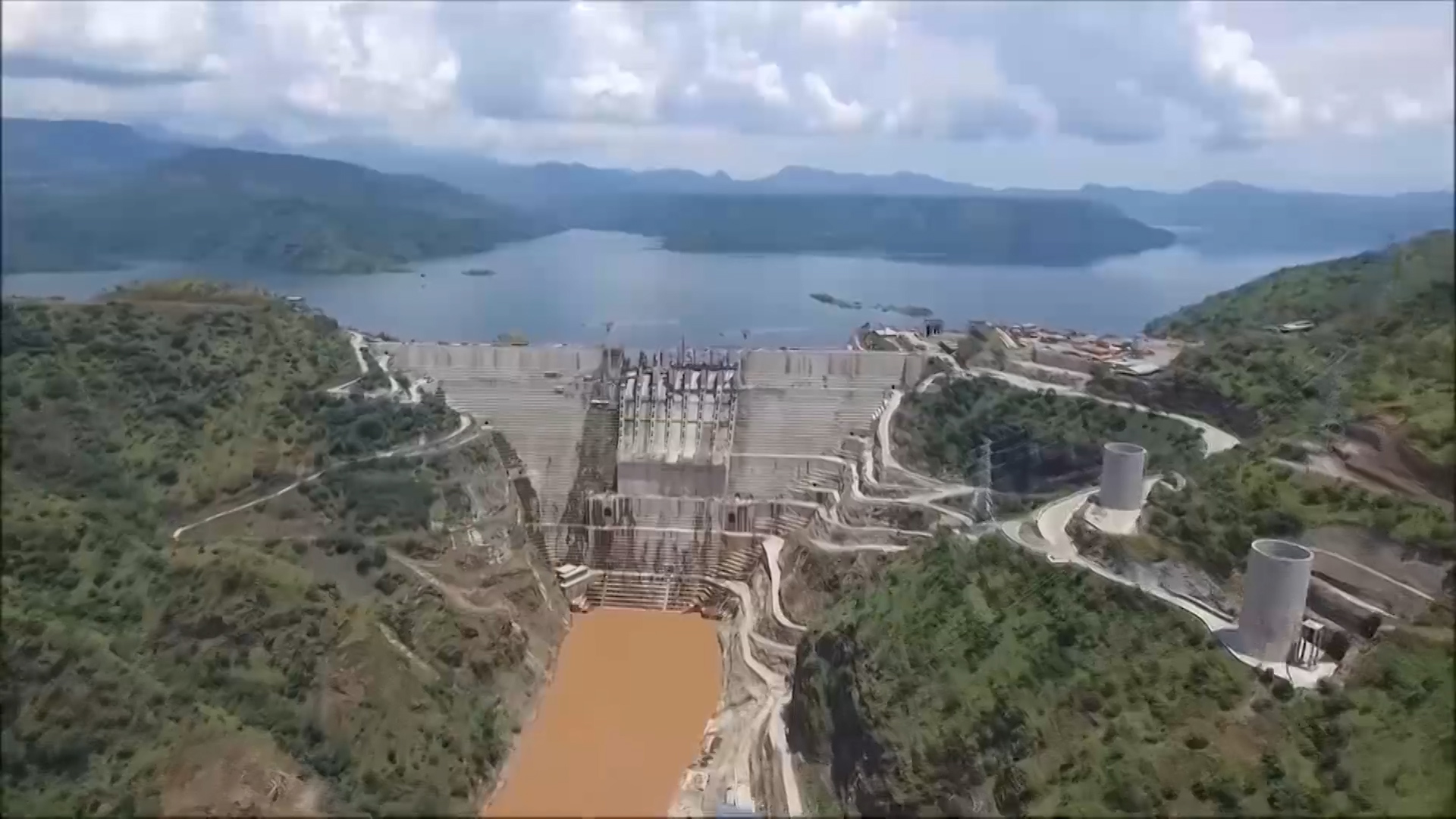Addis Ababa is preparing to celebrate on Saturday the 12th anniversary of laying the foundation stone of the Renaissance Dam, with preparations for its "fourth" filling operations next July, while Cairo warned of a catastrophic existential danger to it, stressing that unilateral construction and filling operations constitute a violation of international law.
On Friday, Ethiopian authorities announced that 90% of the construction of the Grand Ethiopian Renaissance Dam had been completed despite what they described as challenges, diplomatic pressure and internal war.
Faqrati Tamro, deputy chairman of the GERD project coordination council, said that her country faced challenges, diplomatic pressures and internal war, yet the Ethiopians managed to complete the GERD.
In conjunction with the official celebrations, a fundraising and bond purchase campaign was launched in the city of Asosa, capital of Ethiopia's western Beni Shengol region, to support the completion of the construction of the Grand Ethiopian Renaissance Dam.
The head of the GERD Coordinating Council, Arghawi Berhi, said in a special ceremony that Ethiopians' donations to build the GERD have reduced debt and external pressures, as he put it.
The Ethiopian official expected to raise at least 100 million Ethiopian birr (US$<> million).
Egyptian warning
The announcement came hours after Egypt warned of the economic, social and environmental dangers of unilateral moves on shared river basins, a reference to the Grand Ethiopian Renaissance Dam.
Egyptian Irrigation Minister Hani Swailem said in a speech at the United Nations headquarters in New York that the process of construction, filling and initiation of the operation of the Renaissance Dam continues unilaterally, in violation of international law, and could pose an existential and catastrophic danger to about 150 million people.
Egyptian Foreign Minister Sameh Shoukry also stressed in a previous statement that all options and alternatives are available to Egypt to defend its capabilities and the interests of its people.
He stressed the importance of reaching a legally binding agreement for the operation and filling of the Ethiopian dam.
The Ethiopian Foreign Ministry rejected the threats attributed to the Egyptian official, calling them "irresponsible."
The ministry said in a statement that Shoukry's remarks represent a "flagrant violation" of the Charter of the United Nations and the Constitutive Act of the African Union, renewing the call for a negotiated solution to the dam, and stressing its commitment to a settlement "in the interest of all."
About a week ago, there was a noticeable escalation in the rhetoric of Egypt and Ethiopia, ahead of the fourth unilateral filling of the dam by Addis Ababa.
The escalation included Egyptian warnings against compromising its water share and the Arab League's call on the Ethiopian side to reach an agreement on filling and operation in exchange for repeated Ethiopian refusals, upholding its right to sovereignty over the dam and stressing that no one will be harmed.
Amid negotiations frozen for a year, Cairo and Khartoum are sticking to an agreement first with Ethiopia to fill and operate the dam, to ensure that their annual water quotas of 55.5 billion cubic meters and 18.5 billion cubic meters respectively continue to flow.
On the other hand, Addis Ababa continues to reject the accusations, in conjunction with filling three phases of the dam without agreement with Egypt or Sudan, arguing that the dam, which it began construction since 3, "does not aim to harm anyone."

